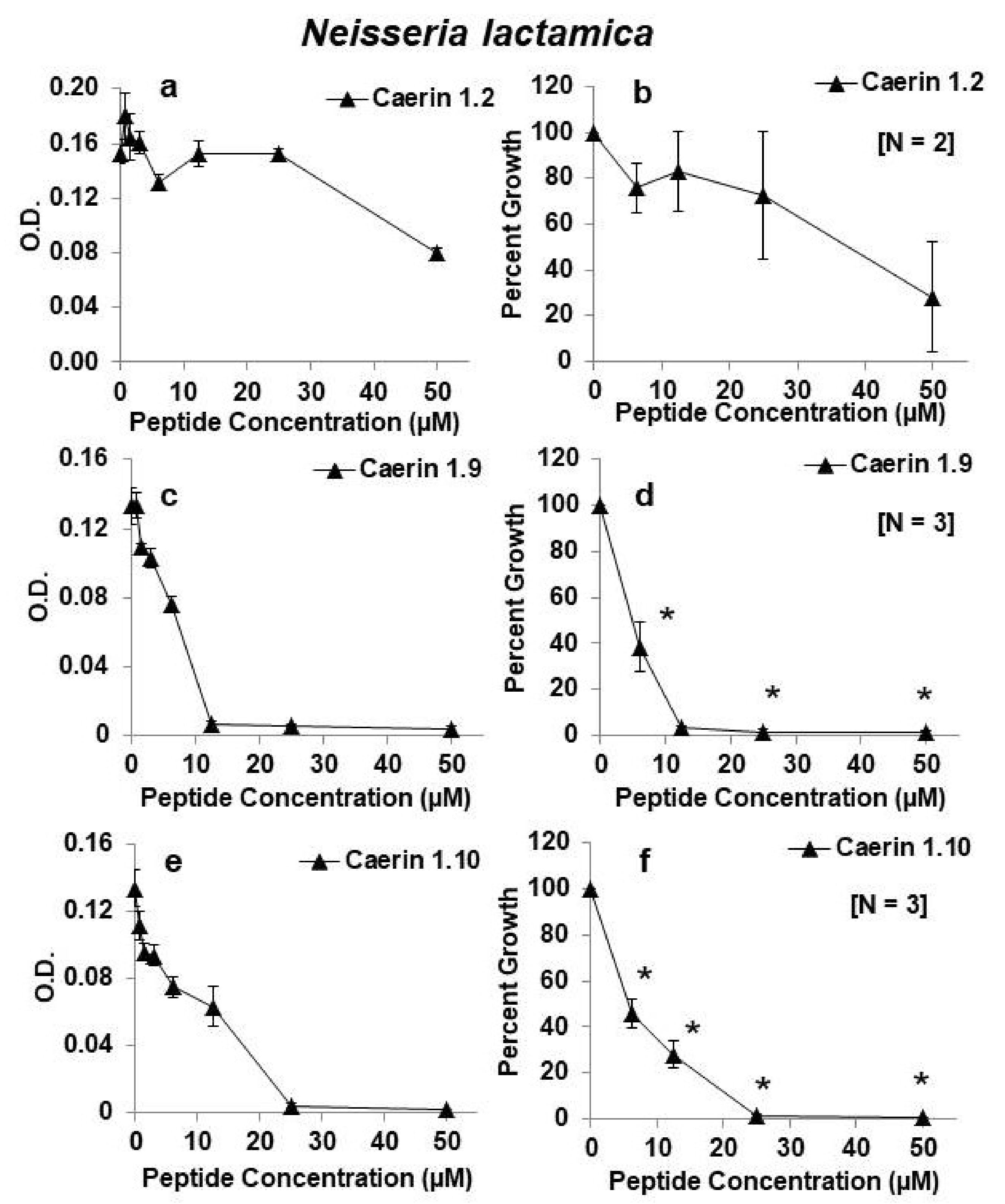
We therefore undertook a study to determine, working from the elective schedule as it develops over time, whether: (1) surgical case volume can be predicted, and if so, (2) with what confidence, (3) how many days in advance, and (4) if the predictions could be used to plan OR closures and reduce OR staff labor expenses by cancelling shifts or shifting staff to other duties, locations, or assignments.


For ORs with some degree of labor flexibility, the ability to predict the aggregated daily surgical case volume 1 to 2 weeks in advance would be an important signal for adjusting staffing. In other words, if a given OR day’s volume differs from the canonical (historical daily) volume, that difference would have been reflected days to weeks in advance in that day’s elective schedule as it developed. We speculated that the developing elective OR schedule, which accumulates over time as multiple surgical clinics add cases to fill the available time in their allotted blocks, contains information useful for predicting the ultimate aggregated elective and nonurgent add-on OR volume for each day. To be useful, the tool should predict the total scheduled elective volume (with an allowance for the expected number of urgent and emergent add-ons that will appear just before and on the day of surgery), and it should make that prediction accurately, weeks in advance. Managers of the OR and ancillary services such as the supply chain, pathology, and radiology need a tool to predict total surgical case volume several days to a few weeks in advance and to give daily insight into OR suite volume for the 1 to 2 weeks leading up to surgery so that they can make intermediate-term adjustments that match capacity to demand as precisely as possible.

Advance notification of the OR manager would allow planning for such events, but common experience hints that this is vulnerable to the limits of human diligence. Often, there is a rebound upswing of demand on the days surrounding such absences, straining staff resources. Although there are no published studies on this topic, stories of entire surgical services attending meetings or interview days, or highly busy surgeons in nonacademic centers going on vacations, with consequent unanticipated shortfalls in OR volume, are commonplace.


 0 kommentar(er)
0 kommentar(er)
